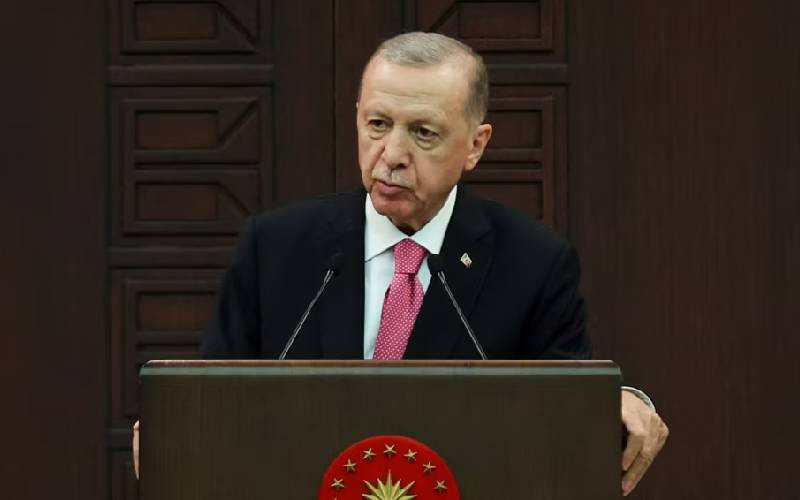×
The Standard e-Paper
Home To Bold Columnists

President Tayyip Erdogan signaled Saturday his newly elected government would return to more orthodox economic policies when he named Mehmet Simsek to his Cabinet to tackle Turkey's cost-of-living crisis and other strains.
Simsek's appointment as treasury and finance minister could set the stage for interest rate hikes in the coming months, analysts said, a marked turnaround from Erdogan's longstanding policy of slashing rates despite soaring inflation.